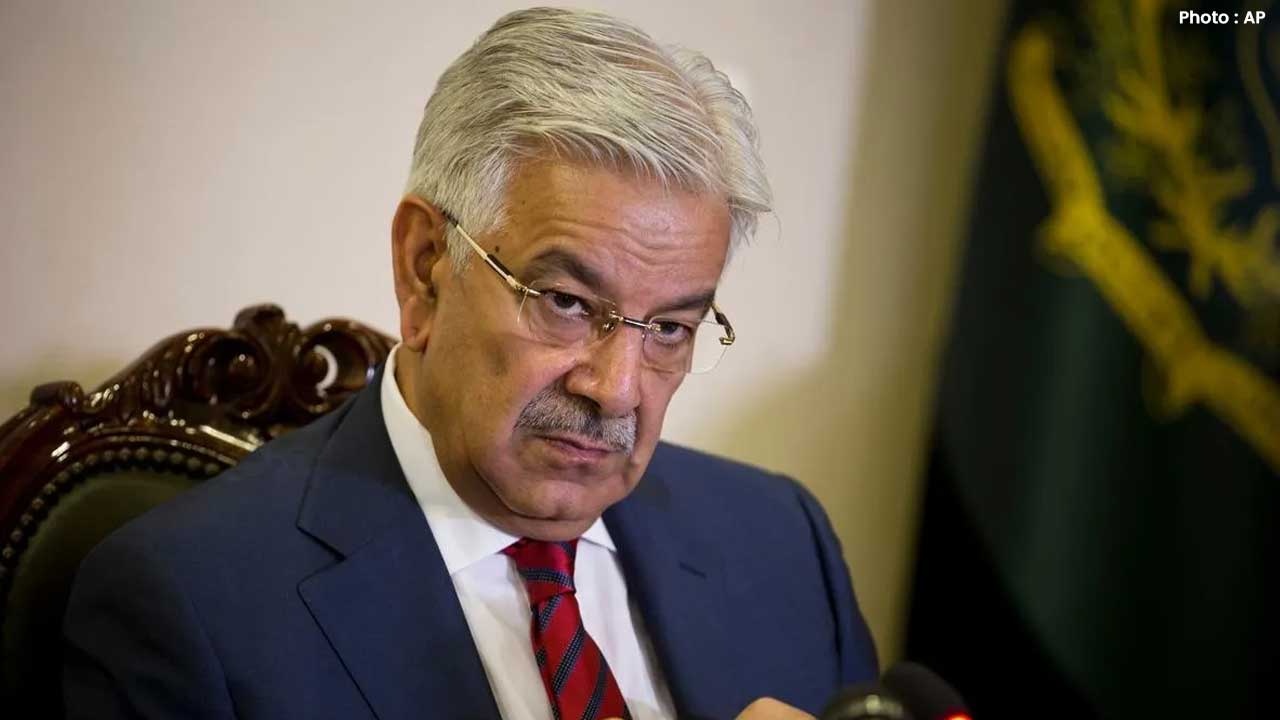
Abu Dhabi Chamber Teams Up with 1X Technologies to
Abu Dhabi Chamber and 1X Technologies partner to introduce AI and robotics across energy and manufac

Hours before Afghan-Pakistan negotiations began in Istanbul, Pakistan’s Defence Minister Khawaja Asif delivered a blunt warning to the Taliban leadership, suggesting that military measures could be on the table. His remarks added pressure to diplomatic efforts aimed at ending a recent surge of deadly border incidents and drone strikes.
Speaking on television, Asif said, "War will happen," when pressed about the option of force and accused Kabul of sheltering militants responsible for cross-border attacks. Afghanistan pushed back, condemning Pakistani drone strikes that it says have harmed civilians and accusing Islamabad of remaining silent over alleged ISIS training sites.
Mediated by Turkey and Qatar, the discussions seek to reinforce a fragile ceasefire struck in Doha last month. The previous meeting in Istanbul on October 30 closed with a joint pledge to extend the truce and to create monitoring and verification arrangements for the border.
The Afghan delegation, led by intelligence chief Abdul Haq Wasiq, includes senior Taliban figures such as Anas Haqqani and acting ambassador to Qatar Suhail Shaheen. Pakistan’s team is headed by National Security Adviser and ISI chief Lt. Gen. Muhammad Asim, underscoring Islamabad’s focus on security issues rather than immediate political reconciliation.
Trade and border friction remain central problems: more than 8,000 Afghan containers are stuck in Pakistan and another 4,000 await clearance, causing economic strain for both countries. Observers warn that heightened rhetoric and threats could undermine the tentative ceasefire and wider regional stability.
Kabul’s Ministry of Foreign Affairs rejected assertions by Pakistan’s Deputy Prime Minister Ishaq Dar that there has been frequent contact between the two sides, calling those claims "false and inconsistent with diplomatic ethics." Dar also criticized past ISI actions during the Taliban’s return, suggesting they contributed to militants turning against Pakistan.
Turkish and Qatari mediators are expected to press both parties to adopt accountability mechanisms and a joint verification system to secure compliance. Still, with Islamabad’s warnings and Kabul’s rebuttals, the Istanbul talks open under significant strain, highlighting how delicate the path to peace remains.